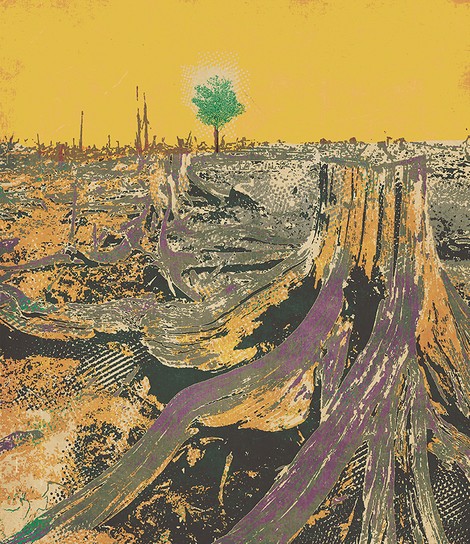Your podcast discovery platform
Curious minds select the most fascinating podcasts from around the world. Discover hand-piqd audio recommendations on your favorite topics.

piqer for: Global finds Technology and society Health and Sanity
Nechama Brodie is a South African journalist and researcher. She is the author of six books, including two critically acclaimed urban histories of Johannesburg and Cape Town. She works as the head of training and research at TRI Facts, part of independent fact-checking organisation Africa Check, and is completing a PhD in data methodology and media studies at the University of the Witwatersrand.
Black Poachers and White Saviours: The Problematic Militarisation of Conservation
As a researcher based in, and focused on, Africa (yes, the continent — or, most of it), I am constantly reminded of how pervasive and persistent stereotypes are, around the continent in general and individual countries in particular. Sometimes, the meta stereotypes reveal themselves in smaller (micro) stories.
Working on various media projects in Nigeria and in Kenya, I recently noticed a common thread in how media reports covered unrelated stories linked to cattle herders, usually covering 'herders' in a very critical or derogatory fashion. In Nigeria, there are riot-inciting stories about the Fulani. In Kenya's Laikipia county, currently struggling through a terrible drought, there have been many stories pitting cattle herders against conservationists as the former 'invade' conservancy lands in search of water.
In Laikipia the story exposed further undercurrents: 'white environmentalists' vs black herders ... And it was accompanied by the use of military force or private security in protecting the conservation areas from the herders.
As this hard-hitting and extremely to-the-point piece from The Green European Journal describes, these two notions are rather entwined. And they conspire to produce an increasingly violent and exceptionally problematic narrative around conservation in Africa. (It also explains why we like to single out China and Asia as the worst wildlife trafficking offenders, when the European Union still plays an exceptionally large role in this market.)
In South Africa, where I live, there is an all-female anti-poacher commando unit, called the Black Mambas, who have achieved hero-level status for their work against poachers. I still think they are cool, and that their work is amazing and inspiring. But this article reminds me to challenge my own received hero narratives, and question the work I am told about, and the people that I am not.